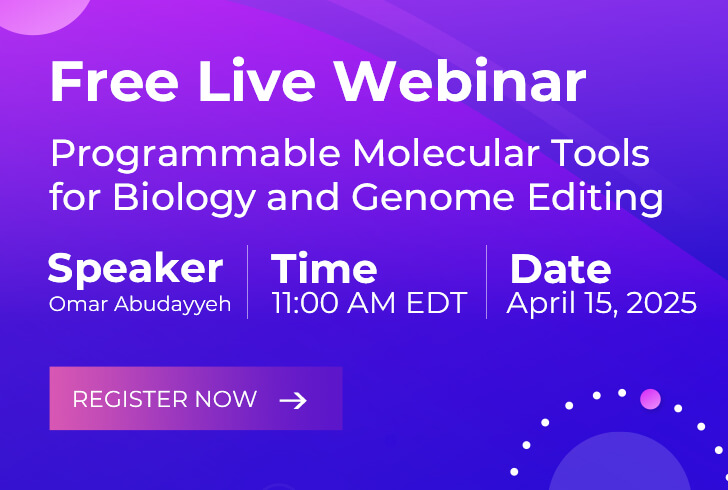Development of Adenoviral Vector as Immune Stimulant
Inquiry NowGene therapy is a clinical strategy that may potentially treat an array of genetic and nongenetic diseases, as well as a novel method for drug delivery and vaccination. The removal of the replicative and pathogenic ability of adenovirus, combined with their capacity to carry the therapeutic transgene and an ability to efficiently infect a variety of mammalian cell types makes adenoviral vectors amenable for use in gene therapy. As a world-class provider of biotechnology, Creative Biolabs provides omnidirectional technologies to meet the diverse needs of our customers. With our professional experience and advanced adenovirus vector construction platform, we are confident in offering the best service for the treatment of a range of diseases.
Adenovirus-Induced Immune Stimulation
A major feature of the use of adenovirus vectors is to stimulate the host immune response. Adenovirus vectors induce the innate immunity that results in the inflammation of transduced tissues. Unlike adaptive immunity, the innate response is mediated by the adenovirus particle and does not require viral transcription. In vivo, the innate immune response involves the induction of cytokines and activation of effector leukocytes that comprise the host response to these virus particles. A number of interactions with leukocytes and with epithelial and endothelial cells are essential in triggering the host response to adenovirus vectors. Signal transduction via MAP kinases and NF-κB-mediated gene transcription are triggered during early virus-cell interactions and are key events in the innate recognition of adenovirus vector transduction. Human adenovirus serotypes 5 (HAd5) is the most studied adenovirus and a large proportion of adenovirus vectors tested in the clinic are based on this serotype. HAd5 is a good immune stimulant, its capsid proteins have strong antigenicity, and genomic DNA can induce innate immune responses. The scientists developed the HIV vaccines based on HAd5, and early trials demonstrated the induction of strong, long-lasting transgene-specific immune responses even in HAd5-seropositive subjects. When used as an anticancer vaccine platform, HAd5-based vectors induced strong antivector as well as transgene-specific immunity. While induction of antivector immunity may hamper the duration of transgene expression, it nonetheless works in favor by attracting immune mediators to the site of vaccine antigen, particularly in the case of anti-cancer vaccines.
The Service of Adenovirus Vector Construction as Immune Stimulant
The use of adenovirus vectors for gene transfer is a relatively mature idea; inserting desired genetic material into the adenovirus genome, thereby allowing one to take advantage of the immunostimulatory capacity of the viral vector to transduce cells for a desired therapeutic outcome is an attractive method. Therefore, we offer a large collection of adenovirus vectors for immune stimulation, including the AdH5, AdH2 and other serotypes of adenovirus vectors.
Creative Biolabs is the right partner to help you bring new gene therapy approaches to the market. The adenoviral vectors construction requires in-depth expertise and flexible implementation. Over the years, we have accumulated scientific experience and are very proud of our high-quality adenovirus vector construction services to ensure your requirements are met. If you are interested in our services, please feel free to contact us, our experienced technicians will provide you with the most detailed questions and answers.

